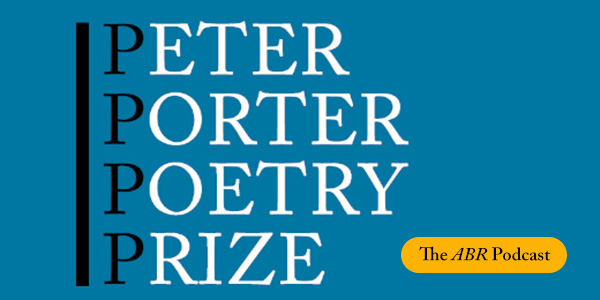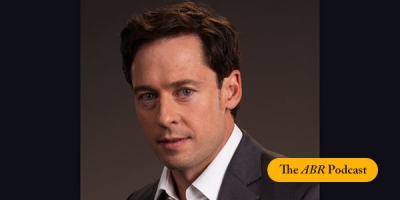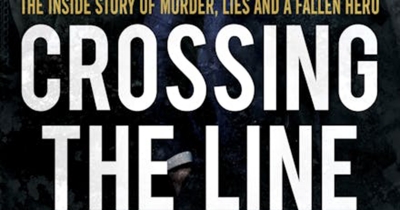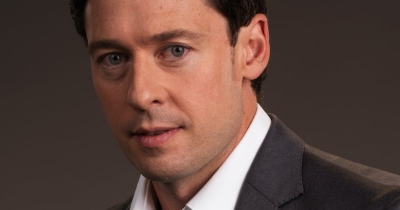Accessibility Tools
- Content scaling 100%
- Font size 100%
- Line height 100%
- Letter spacing 100%
Nick McKenzie
The ABR Podcast
Released every Thursday, the ABR podcast features our finest reviews, poetry, fiction, interviews, and commentary.
Subscribe via iTunes, Stitcher, Google, or Spotify, or search for ‘The ABR Podcast’ on your favourite podcast app.
2025 Peter Porter Poetry Prize Shortlist
Read by the poets
This week on The ABR Podcast we feature the 2025 Peter Porter Prize shortlisted poems, as read by the five poets, published in the January-February issue of ABR.
Recent episodes:
On this week’s ABR Podcast, Kevin Foster reviews Crossing the Line, journalist Nick McKenzie’s account of the defamation trial, Ben Roberts-Smith versus Fairfax. Kevin Foster is Associate Professor at Monash University and the author of numerous articles and books on the Australian media’s treatment of Afghanistan. Listen to him read ‘Nick McKenzie’s bracing reportage’, published in the August issue of ABR.
... (read more)Nick McKenzie is one of the nation’s most decorated investigative journalists, having been named Australian Journalist of the Year on four occasions and awarded the Walkley a record fourteen times. His investigative reports into Ben Roberts-Smith were central to a defamation trial brought against Fairfax media. Last month the Federal Court found that Nick McKenzie’s account of Roberts-Smith’s criminal actions in Afghanistan was substantially true and that these actions could be said to amount to war crimes. Hachette will release his new book, Crossing the Line, this month.
... (read more)



